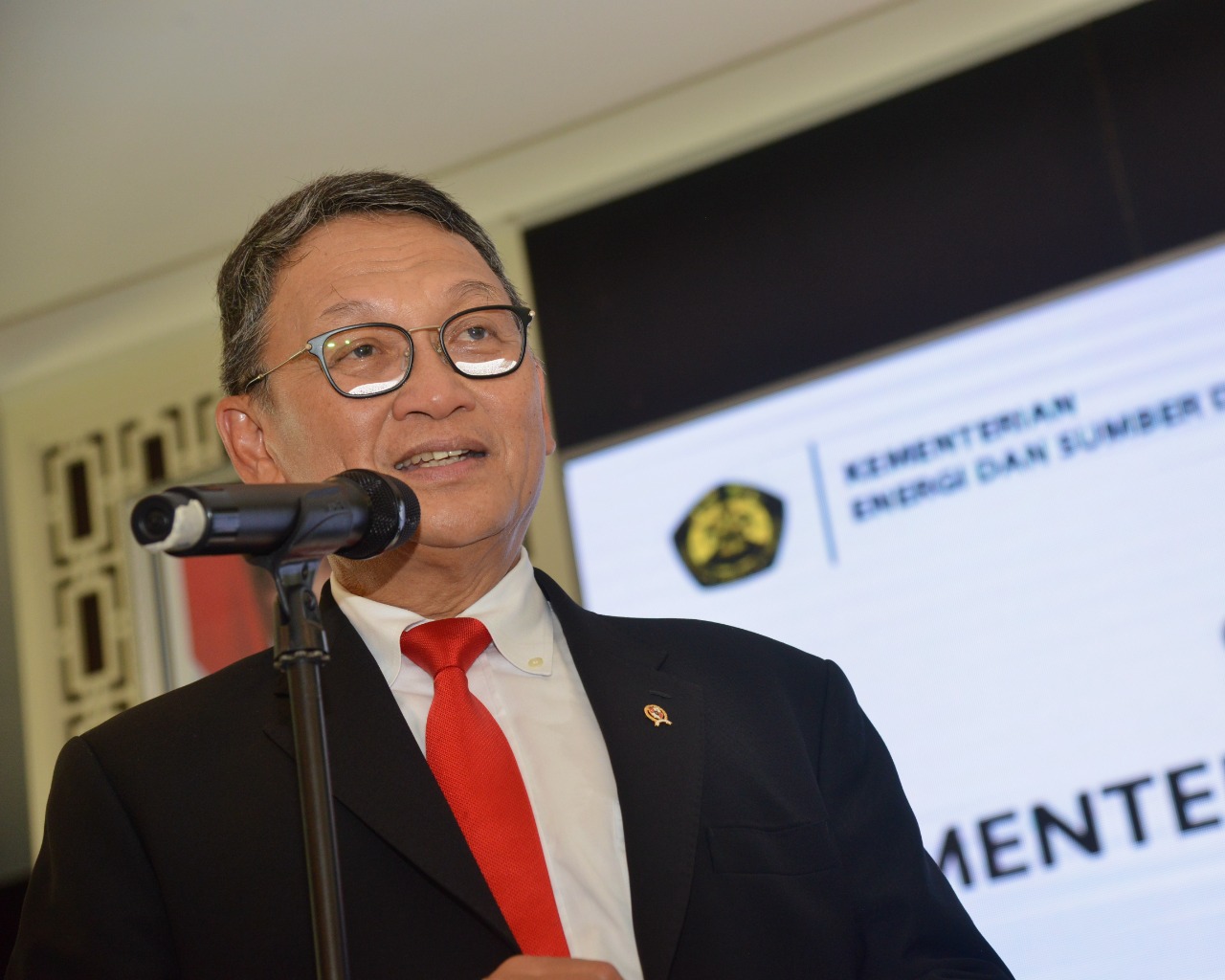.jpg)
The Cirata floating solar farm in in West Java. (Photo: PLN)
Nine new renewable energy projects totaling Rp 51 trillion have faced financing dry up as international lender’s unwillingness to meet government local content requirements (LCR), state-owned electricity firm PLN said on 26.
Zainal Arifin, executive vice president of renewable energy at PLN, mentioned that financing issues have resulted in delays in developing the renewable energy capacity outlined in the government’s electricity procurement plan, alongside other factors such as ongoing oversupply of electricity.
“We are obtaining funding from the Asian Development Bank (ADB), World Bank and the Japan International Cooperation Agency (JICA), but this is currently hindered as local content is not part of their procurement process,” he said.
He also said that PLN was seeking to auction off the Cisokan Hydroelectric Power Plant in West Java, the Matenggeng Hydroelectric Power Plant in Central Java and the Hulu Lais Geothermal Power Plant in Bengkulu but had so far been unsuccessful.
Indonesia has implemented LCRs in many sectors, including renewable energy and electric vehicles. The regulations are set by the Industry Ministry to favor local industry.
Zainal said the requirements would be a barrier to receiving funding from overseas, adding that it was hard to incorporate local content into green energy projects. He hoped the government would relax LCRs especially for projects that received international funding.
Previously, Sugeng Suparwoto, chairman of House of Representatives Commission VII overseeing energy and mineral resources, expressed similar concerns that strategic projects in the energy and the electricity sectors were being hindered by LCRs.
“Many renewable energy and electricity projects that receive grants or funds from abroad don’t comply with the existing local content regulations,” Suparwoto said in November.
Energy and Mineral Resources Minister Arifin Tasrif has said LCRs will be made more flexible through the renewable energy bill being discussed by the government and lawmakers.

Energy and Mineral Resources Minister Arifin Tasrif. (Photo: ESDM)
He said that prioritizing domestic products should come with several criteria, such as the need to maintain competitive renewable energy prices and sources of financing for renewable projects.
Tasrif also suggested it was important to assess domestic capacity and capability when making decisions about LCRs. He said such regulations should not hamper renewable energy projects or make green power too expensive.
“Therefore, we need to see the road map of each industry and their readiness for local content at any time,” Arifin said.
Andi Rizaldi, leading the standardization and industrial services policy agency at the Industry Ministry, acknowledged the crucial role of maintaining national energy resilience via renewable energy projects, which demand substantial financing.
However, he insisted that such projects still needed to adhere to local content requirements. “In general, international funding should also consider and accommodate both domestic and national interests,” he said.




